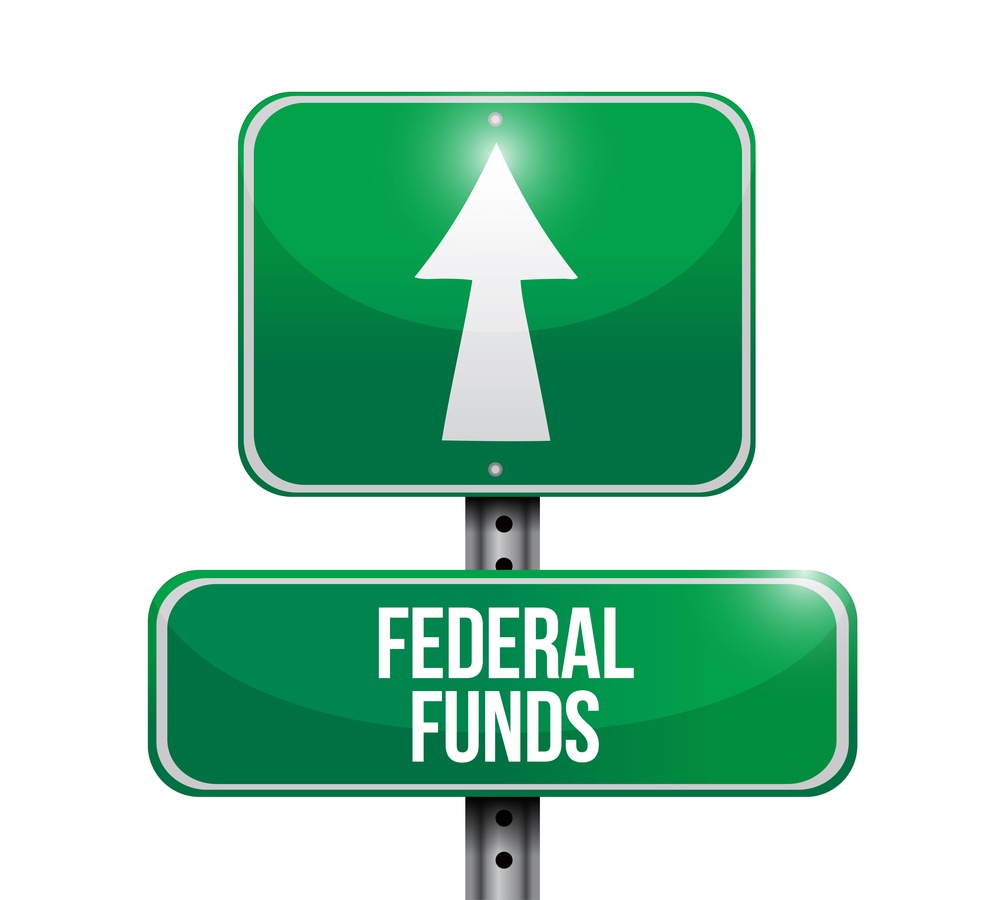
A bipartisan group of U.S. senators recently called on the Department of Health and Human Services to set guidelines for how state and local governments will be reimbursed for costs incurred while assisting the federal response to the coronavirus outbreak.
“Many state and local health departments and hospitals have helped support the transportation and quarantine efforts, and it is important they be notified of the criteria by which the department will ask them to document and report what resources they contributed to the federal response for reimbursement,” the senators wrote.
In their correspondence, the senators noted previous public health emergencies that received federal funding for aid and aftermath assistance.
“In response to previous public health emergencies, federal funding was distributed to state and local efforts that directly supported federal activities. For example, in 2009, state and local agencies received federal funding to respond to ongoing and emerging outbreaks of H1N1 influenza in the United States,” they wrote. “In 2014, state and local public health activities received federal funding for preparedness planning and operational readiness in response to Ebola. In 2016, states, cities, and territories received federal funding to support efforts to protect Americans from Zika and associated adverse health outcomes, including microcephaly and other serious birth defects. The current health emergency response should be no different.”




